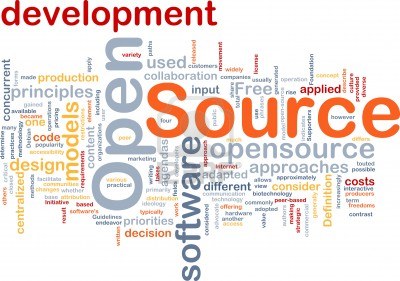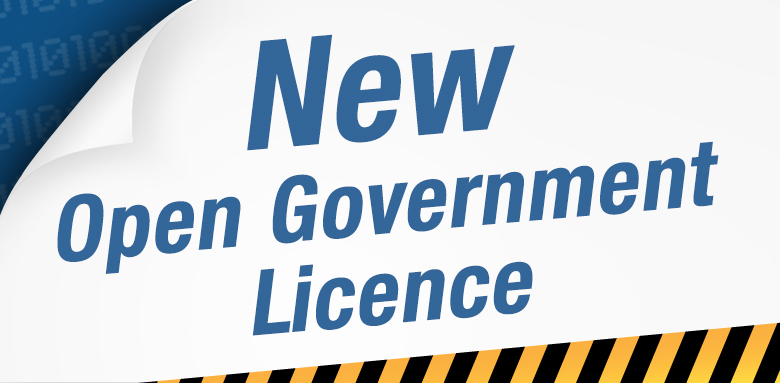By Teresa Scassa
One of the challenges with the proactive disclosure of government data, and with open data more generally, is the obligation that governments have to not disclose personal information. This challenge is made more acute by the fact that the definition of “personal information” is, generally speaking, “information about an identifiable individual”.
Courts in Canada have said that identifiability is not considered solely in the context of the particular data set in question – information is personal information if it can lead to the identification of an individual when it is matched with information from virtually any other source.
The Supreme Court of Canada has just released a decision dealing with the issue of whether Ontario’s Ministry of Community Safety and Correctional Services was right to refuse to disclose information relating to the province’s sex offender registry. The concern in this case was that although the applicant sought only data about sex offenders living within the forward sortation areas, indicated by the first 3 letters of a postal code, this information could still be matched with other available information to specifically identify and locate individuals. Although the case deals with the province’s access to information regime, lessons can be extracted that are relevant to both the proactive disclosure of government information and to open data.
For more detail, see my blog post about this case, here: http://www.teresascassa.ca/index.php?option=com_k2&view=item&id=159:re-identification-risk-and-proactive-disclosure-of-data-for-open-government-lessons-from-the-supreme-court-of-canada?&Itemid=80
Teresa Scassa University of Ottawa, Faculty of Law


